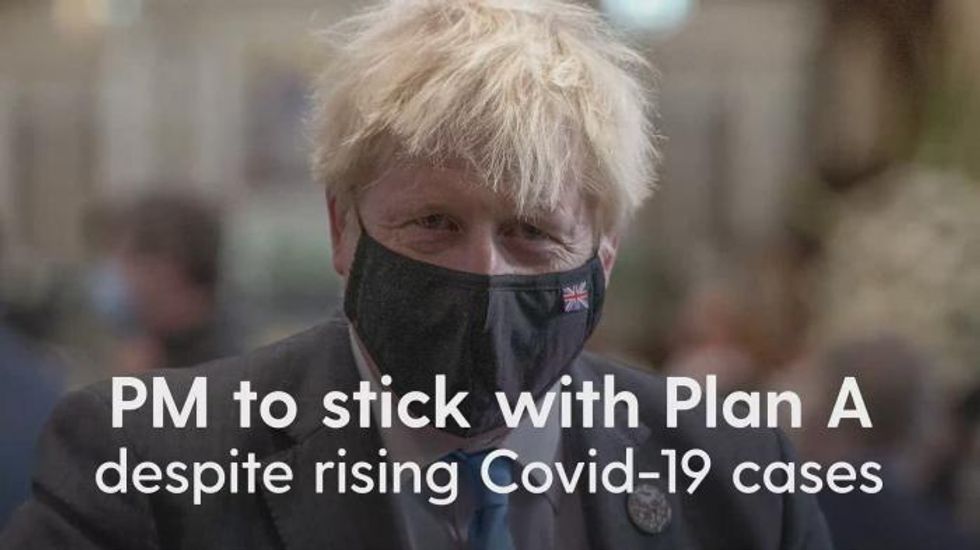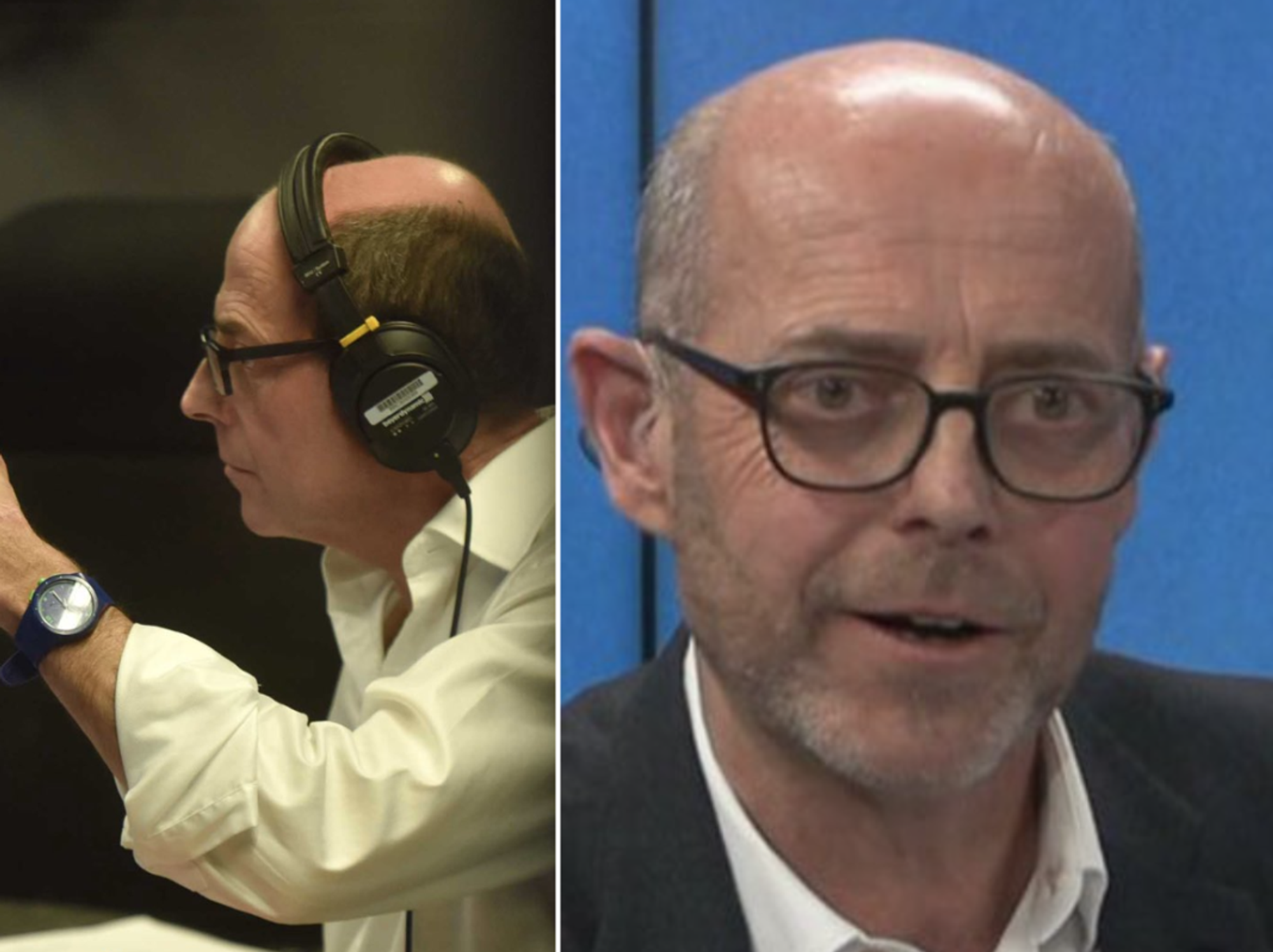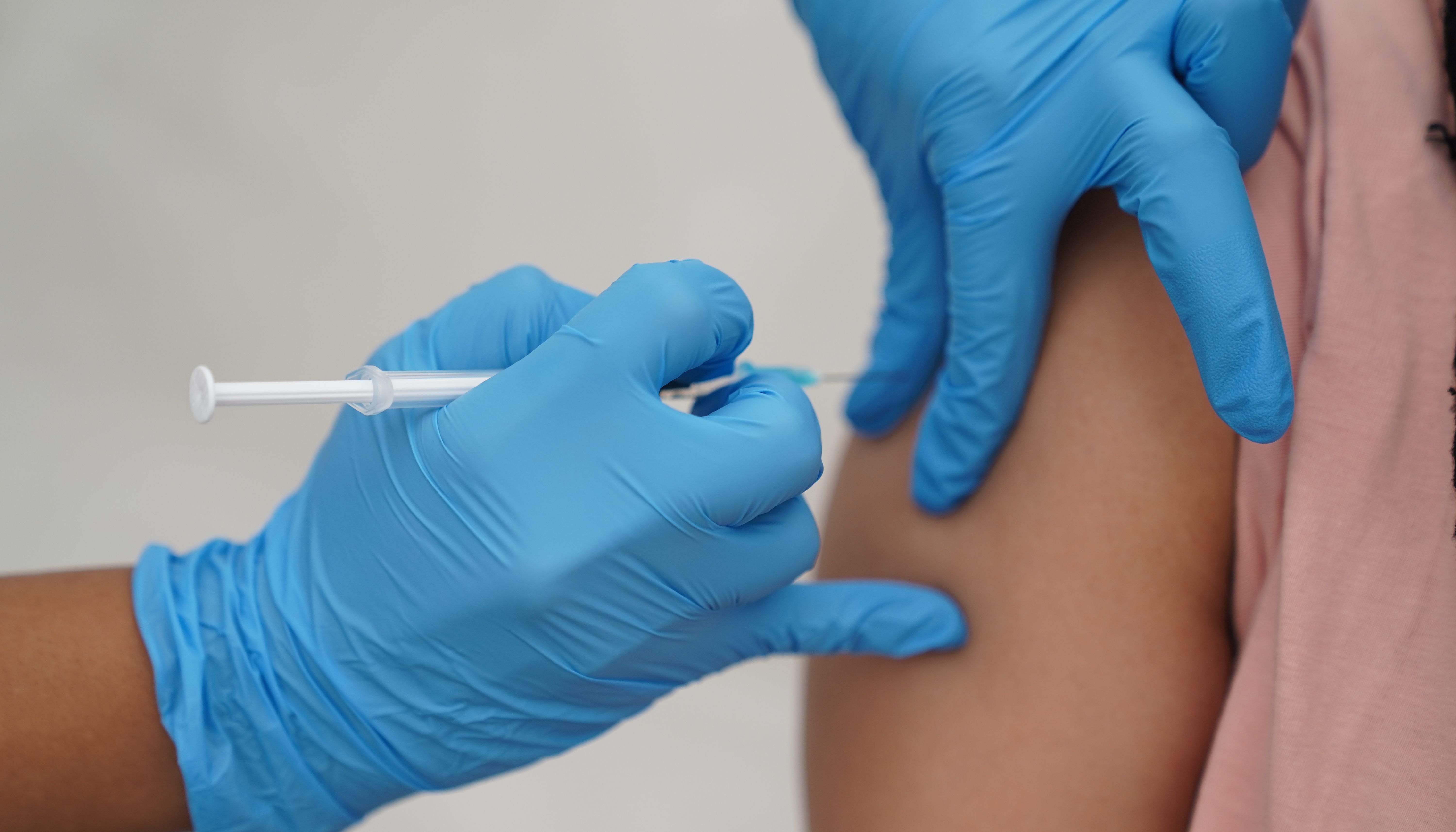Covid: Sage optimistic hospital admissions this winter will not exceed January’s peak
Top scientific advisers have cautiously predicted it is 'increasingly unlikely' that hospital admissions this winter will rise above the peak seen last January.
Don't Miss
Most Read
Top scientists advising on the coronavirus response have cautiously predicted it is “increasingly unlikely” that hospital admissions this winter will rise above the peak seen last January.
The Scientific Advisory Group for Emergencies (Sage) warned, however, that a “rapid increase in hospital admissions” could happen if behaviour swiftly returns to normal and the waning of vaccines’ effectiveness is significant.
Acting quickly would reduce the need for “more stringent, disruptive and longer-lasting measures”, the advisers concluded, in minutes of a meeting published on Friday.
They said that policy work on the potential reintroduction of measures “should be undertaken now” so they can be ready for “rapid deployment” if needed.
Their meeting on October 14 informed the Government’s thinking as Prime Minister Boris Johnson resists pressure to impose “Plan B” to control the spread of coronavirus this autumn and winter.
Scenarios from scientific advisors assume that the rollout of boosters will be “rapid” and have a “high uptake”
Kirsty O'Connor
Led by chief scientific adviser Sir Patrick Vallance, Sage said the modelling does not consider the burden from flu and other viruses or the emergency of new variants.
“Although there remains uncertainty about the timing and magnitude of any future resurgence, these scenarios suggest hospital admissions above those seen in January 2021 are increasingly unlikely, particularly in 2021,” they wrote.
The scenarios assume that the rollout of boosters will be “rapid” and have a “high uptake” and warned that if people swiftly change their behaviour then there could be a major problem.
“A slower return to pre-pandemic behaviours and reduced waning are both expected to reduce and delay any further wave, although there remains potential for a rapid increase in hospital admissions if behaviours change quickly, and if waning is more significant and occurs after boosting,” they wrote.
The advisers said that there has been a “decrease in self-reported precautionary behaviours such as wearing a face covering”.
But they said that the reintroduction of working from home guidance is likely to have the “greatest individual impact” on transmission out of the measures under Plan B.
“Sage advised that policy work on the potential reintroduction of measures should be undertaken now so that it can be ready for rapid deployment, stressing the importance of reintroducing measures in combination, supported by clear communication, consistent implementation that avoids creating barriers to adherence, and clear triggers for deployment,” they added.












